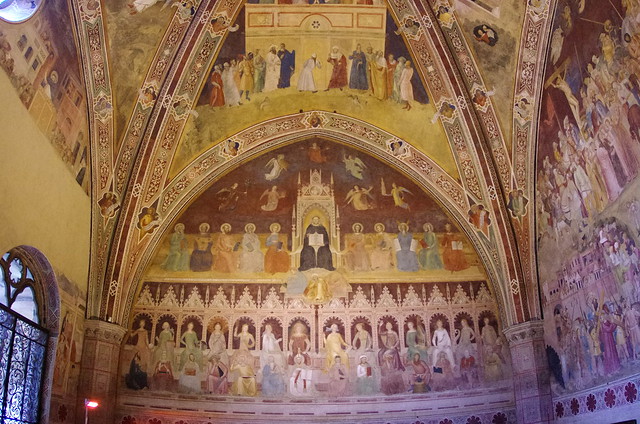Tag: narration
-
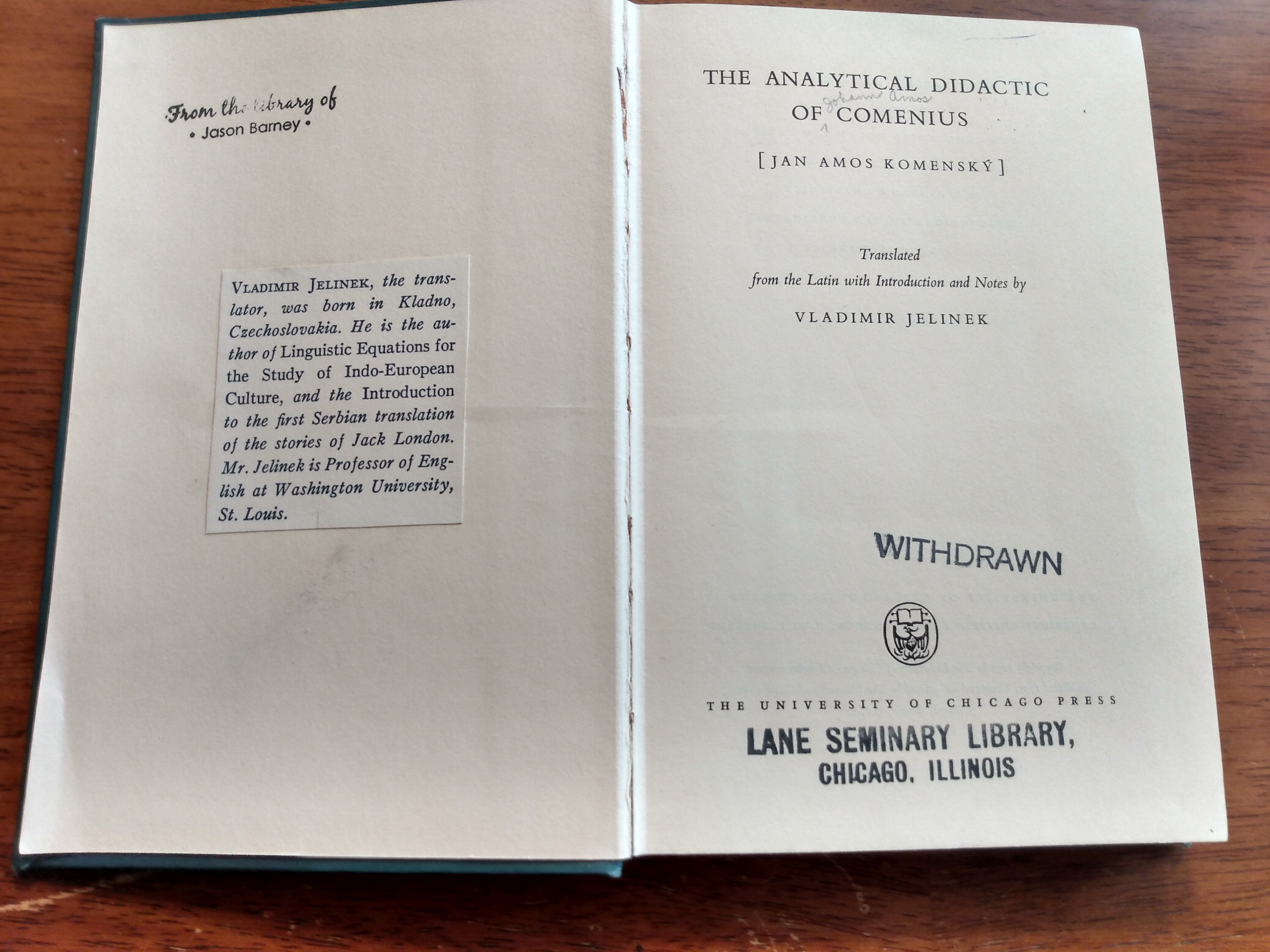
Expanding Narration’s History with Comenius: Narration’s Rebirth, Stage 2 – The Analytical Didactic
In my last article I expanded my treatment of the history of narration through delving into a passage from John Amos Comenius’ The Great Didactic. I began reading The Great Didactic last year while writing the history of narration series and determined that there was more to say about the rebirth of narration during the…
-

Expanding Narration’s History with Comenius: Narration’s Rebirth, Stage 2 – The Great Didactic
If you’ve been following Educational Renaissance for some time, you might remember my history of narration series from last year. During the third article of the series I had a short section on narration in John Amos Comenius’ work, relying primarily on Karen Glass’s brief quotations in Know and Tell. At the time I was…
-
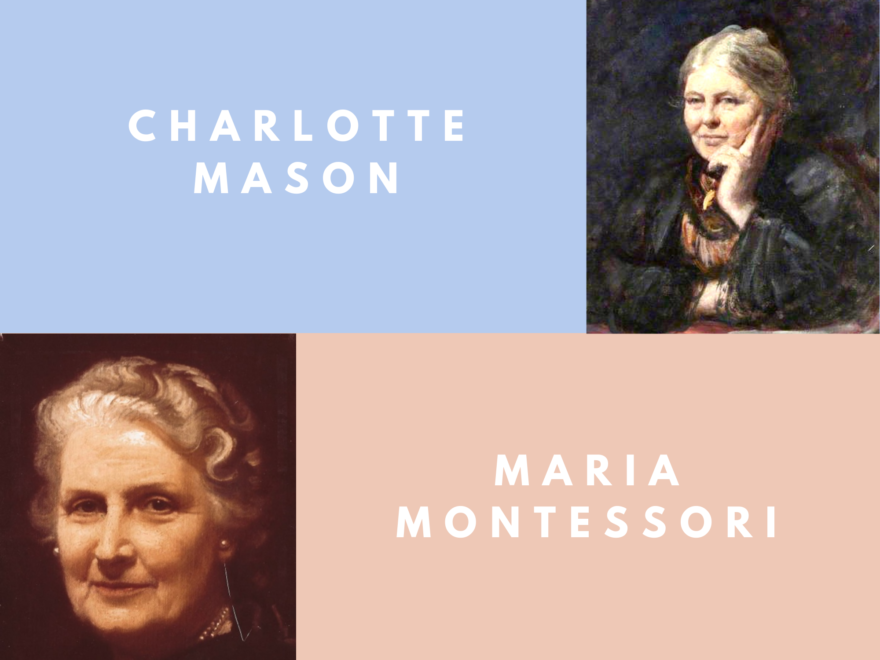
Exploring Educational Alternatives: A Comparison of Charlotte Mason and Maria Montessori
The early 1900s was a watershed moment in education. The second wave of the Industrial Revolution brought about what we might call the educational-industrial complex. Here I intentionally draw upon Dwight D. Eisenhower’s 1961 Farewell Address when he warned against the disastrous potential of the military-industrial complex. Looking back over the previous decades of global…
-
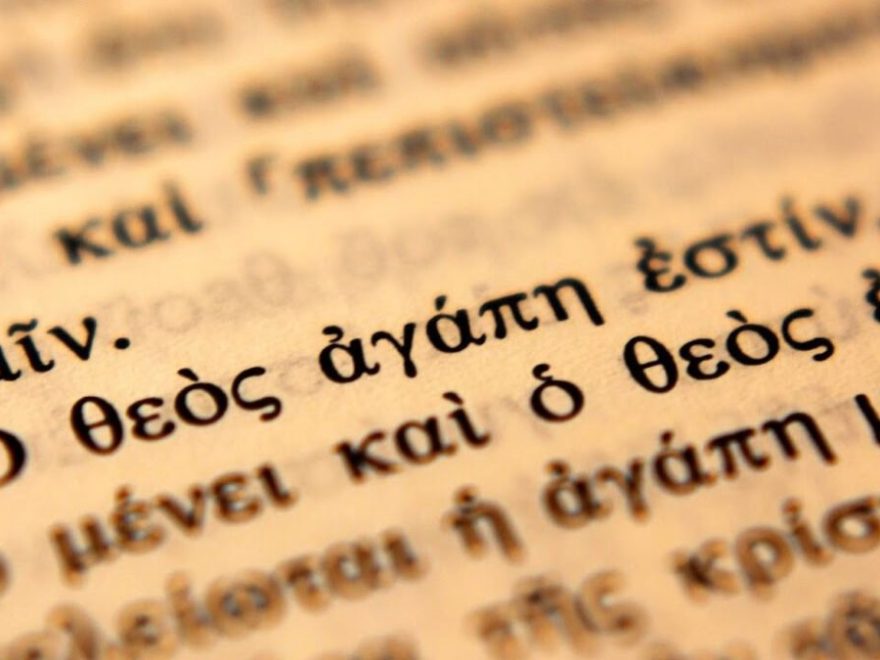
What has Ambleside to do with Jerusalem?: A Consideration of Charlotte Mason’s Philosophy of Education as a Model for Teaching Biblical Studies
In this week’s blog post I am going back into the vault to share with you a paper I presented at the Society of Biblical Literature Annual Meeting in Atlanta on November 20, 2010. This was a pivotal moment in my career, having earned my PhD and taught for a few years at colleges and…
-
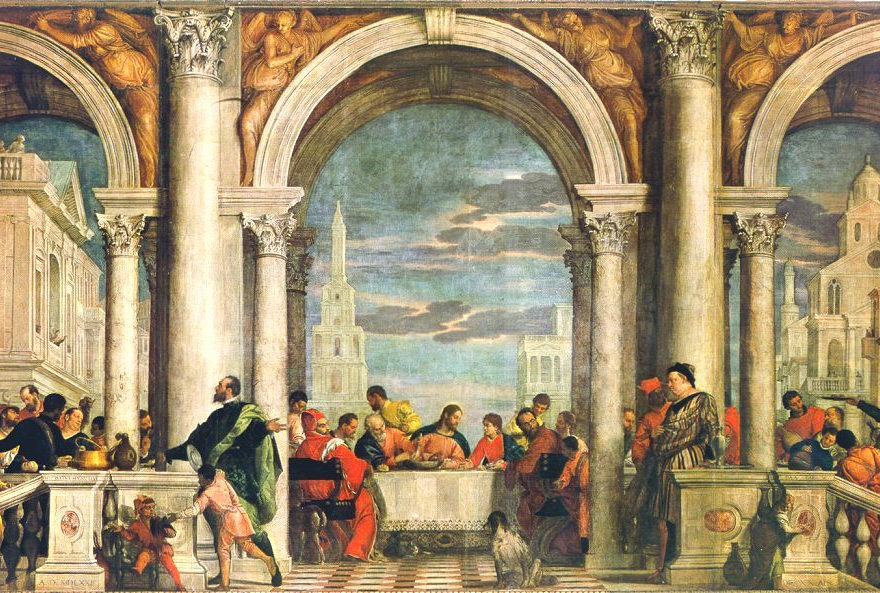
Why the History of Narration Matters, Part 3: Narration’s Rebirth
In my previous two articles I framed my discussion of the history of narration with the controversy between Charlotte Mason and classical Christian education advocates. I suggested that narration’s history may be a fact that puts to rest the false dichotomies of either side. While Charlotte Mason did claim discovery of certain principles related to…
-
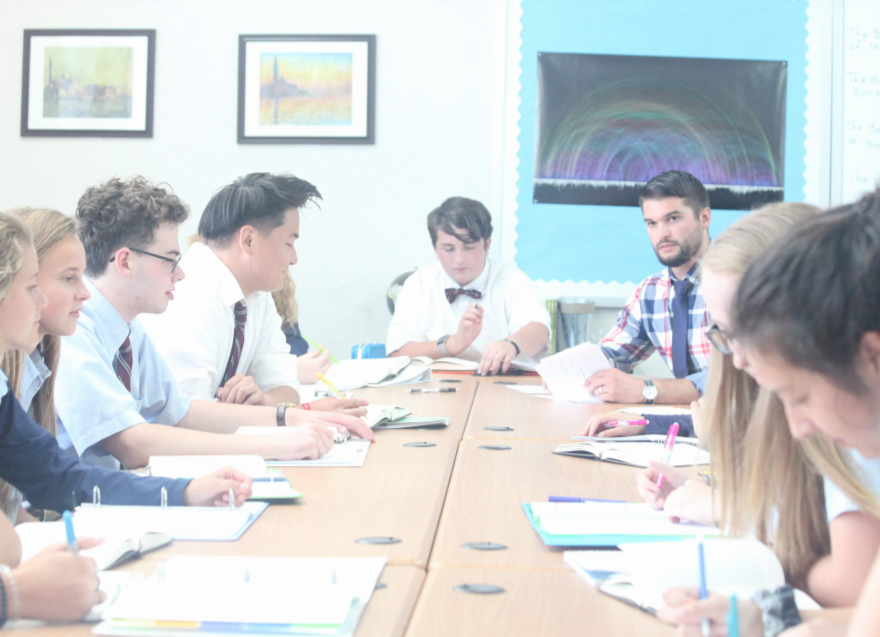
Enjoying the Bible as Literature: 5 Strategies for Engaging Students in Reading the Canon
Guest article by Heidi Dean of Christian Schools International (See Jason’s article on CSI “7 Steps to Narrating the Bible”!) In biblical studies we seek to cultivate the habits of reverence, humility, submission to the text, and other qualities of faithful scholarship. But I propose another goal should rise to the top: enjoyment. The enjoyment…
-

Training the Prophetic Voice, Part 5: Internalizing the Prophetic Message
So far in this series, we have explored the theological and biblical paradigms surrounding our understanding of what it means to speak prophetically. It centers around God’s divine revelation to humanity and then becomes expressed through people who take up the message of God’s truth and speaking truth into new contexts. The model of discipleship…
-
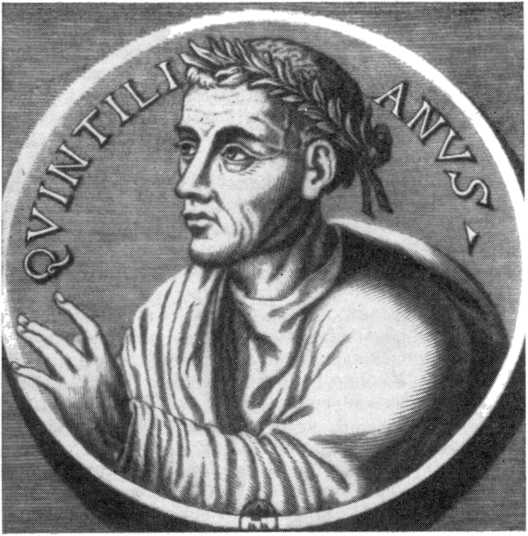
Why the History of Narration Matters, Part 2: Classical Roots
In my last article I shared the first piece of why the history of narration matters: it has the potential to break down the barrier between the Charlotte Mason community and classical educators. There are some notable exceptions who have tried to cross the aisle, but for the most part these two groups have kept…

